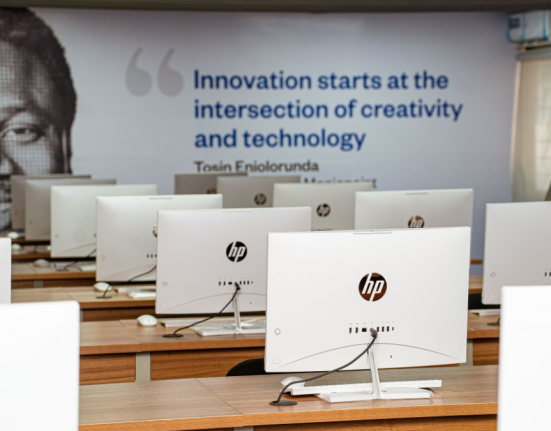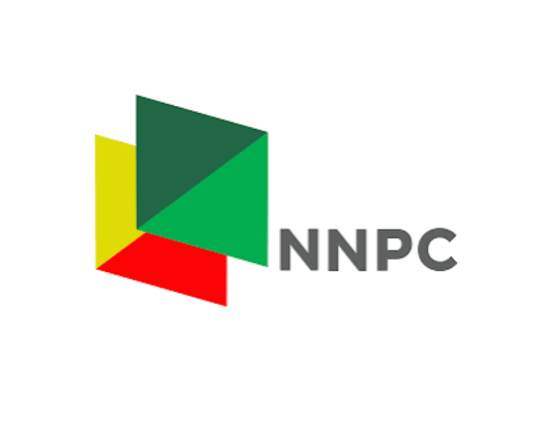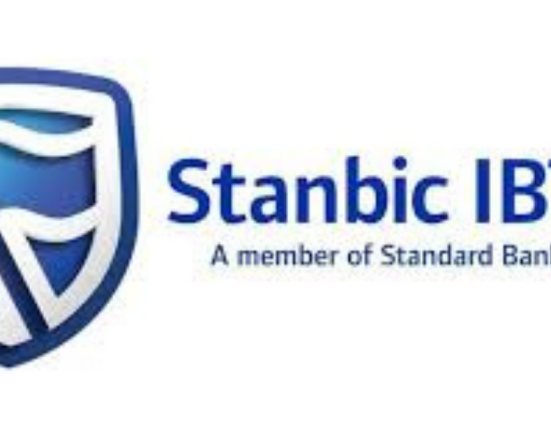Starlink, the satellite internet company owned by Elon Musk, has officially launched in Zimbabwe, expanding its footprint in Africa. This launch follows three months after securing an operating license from the Zimbabwean government. Starlink’s services will be offered through a government-approved local partner, IMC Communications, further enhancing internet connectivity in the country.
Understanding the Pricing and Packages
Starlink’s pricing in Zimbabwe offers two main packages. The standard hardware is available for $350, paired with a monthly subscription of $50. There is also a more affordable “Starlink Mini” option, which costs $200 for the hardware and $30 per month for the subscription. Notably, unlike other African countries where Starlink has adopted local currency pricing, Zimbabwean customers will be required to pay in U.S. dollars. This reflects the complex economic landscape of the country, where the local currency has faced significant devaluation.
This move positions Starlink to cater to both high-demand users and those looking for more budget-friendly options, aligning with its broader mission to provide flexible internet solutions that meet varying consumer needs.
Starlink’s Strategic Expansion Across Africa
The launch in Zimbabwe is part of Starlink’s growing footprint in Africa, following its recent debut in Botswana. The company’s decision to focus on Southern Africa is not coincidental. Many countries in this region, including Zimbabwe, face challenges related to poor internet infrastructure, frequent service disruptions, and limited rural coverage.
Starlink’s satellite internet system offers a unique advantage in such markets, where terrestrial internet service providers have struggled. By bypassing traditional ground infrastructure, Starlink has the ability to offer faster, more reliable connections, even in remote areas. For countries like Zimbabwe, where rural populations often lack access to quality internet services, Starlink’s arrival could significantly alter the digital landscape.
Navigating Regulatory Challenges
The path to Starlink’s launch in Zimbabwe has been shaped by regulatory complexities. In September 2023, Zimbabwe’s telecom regulator, the Postal & Telecommunications Regulatory Authority of Zimbabwe (POTRAZ), announced that Starlink had applied for an operating license. This application came amid a crackdown on unregistered users who were smuggling Starlink devices from neighboring Zambia—a clear indication of the pent-up demand for reliable internet services in the country.
Political dynamics also played a role in delaying the launch. Some members of Zimbabwe’s parliament argued that Starlink’s license should be rejected due to perceived negative sentiment expressed on X (formerly Twitter), another Musk-owned company, which was allegedly being used to disparage the government. Despite this, the license was approved in May 2024, after which IMC Communications was appointed as the exclusive partner for Starlink’s services in the country.
Opportunities for Economic Growth
The significance of Starlink’s arrival in Zimbabwe extends beyond providing faster internet connections. For a country seeking to modernize its economy and attract foreign investment, reliable internet access is essential. Digital connectivity fosters entrepreneurship, enhances education, and improves access to information—key drivers of economic development.
Additionally, satellite internet can play a critical role in improving Zimbabwe’s inclusion in the global digital economy. By bridging the gap between urban and rural areas, Starlink’s services could unlock new opportunities for businesses in underserved regions, thereby boosting local economies.
Long-Term Impact on Zimbabwe’s Digital Infrastructure
Starlink’s entry into Zimbabwe is a reflection of its broader vision for Africa—a continent with immense potential but lagging infrastructure. With 33% of the continent still lacking reliable internet access, Starlink’s presence can potentially catalyze a transformation in how Africans connect to the world. By creating an ecosystem where satellite technology complements existing networks, countries like Zimbabwe could leapfrog infrastructure bottlenecks that have historically limited progress.
The floating dollar payments may also shield Starlink from the volatility of Zimbabwe’s currency, ensuring long-term service viability. As inflation continues to challenge many African economies, Starlink’s U.S. dollar pricing strategy might offer the company the necessary stability to maintain operations.
The launch of Starlink in Zimbabwe not only brings a new era of satellite internet to the country but also serves as a strategic move in addressing Africa’s broader connectivity challenges.









Leave feedback about this